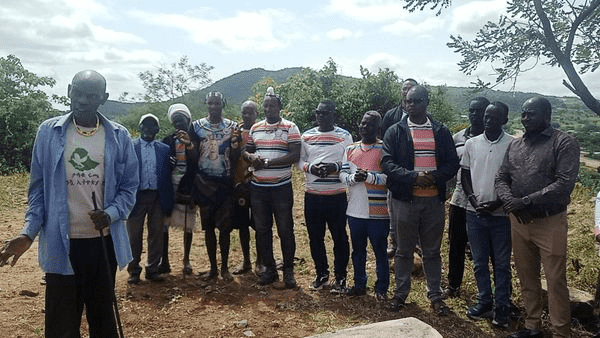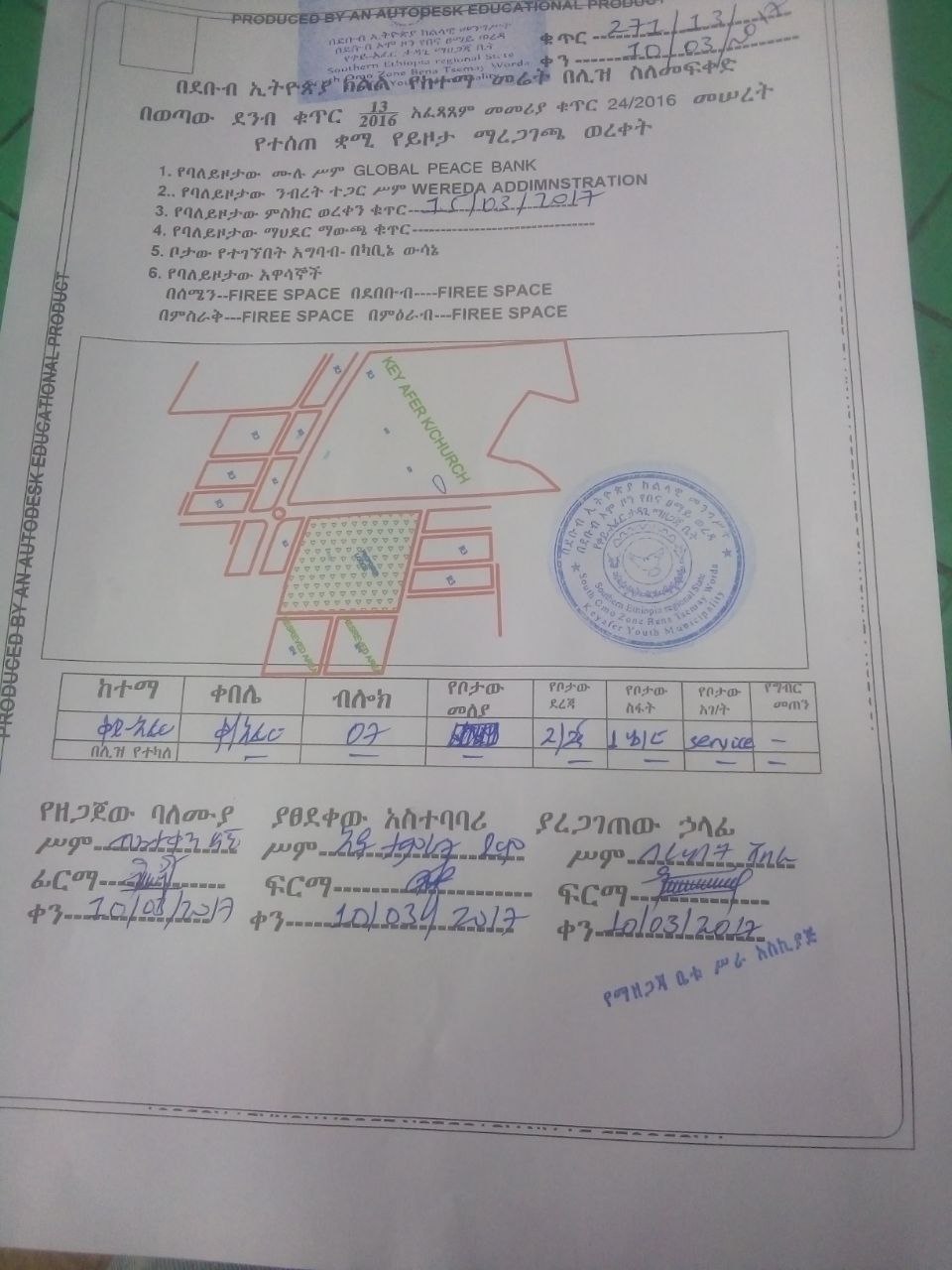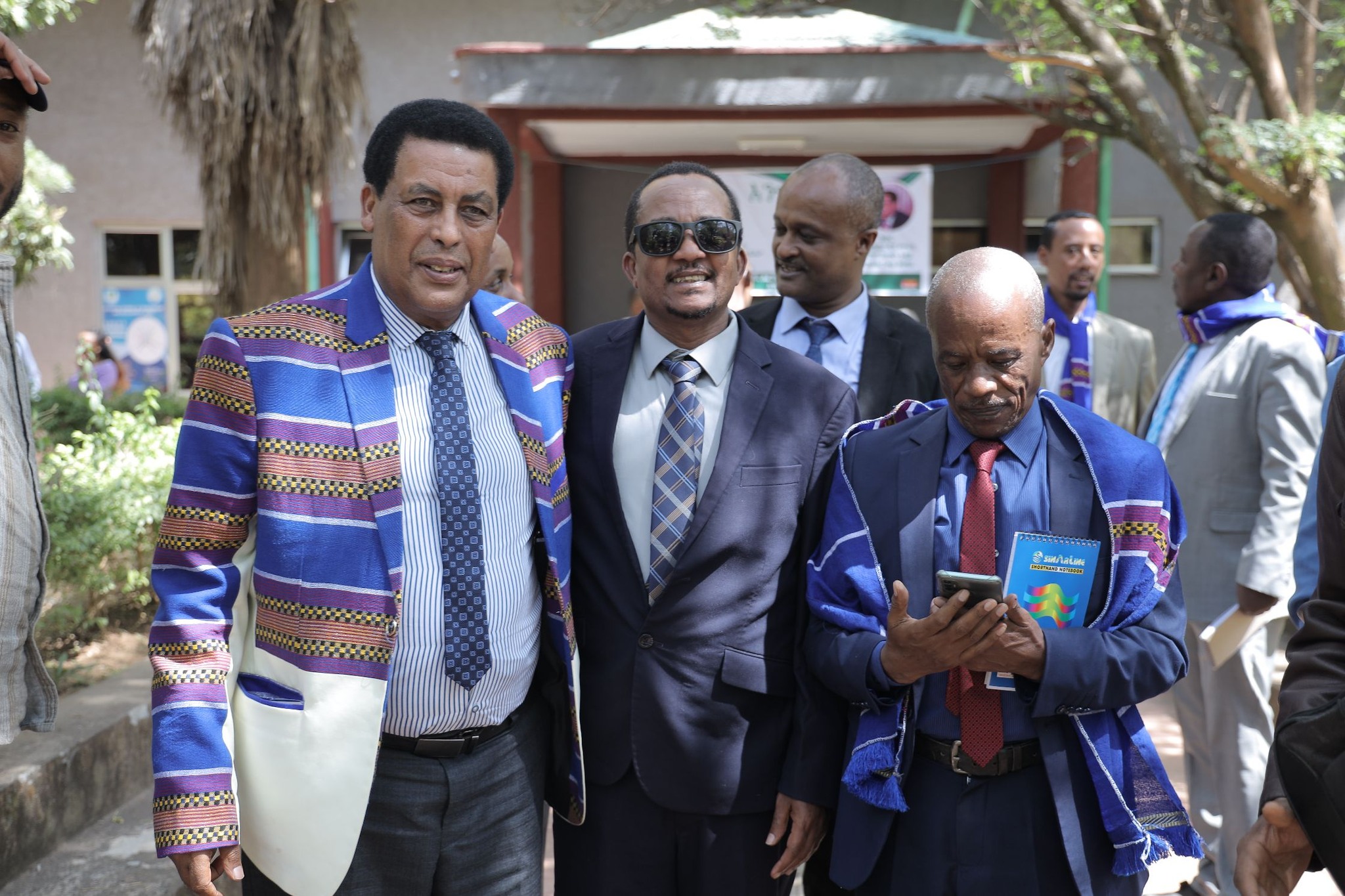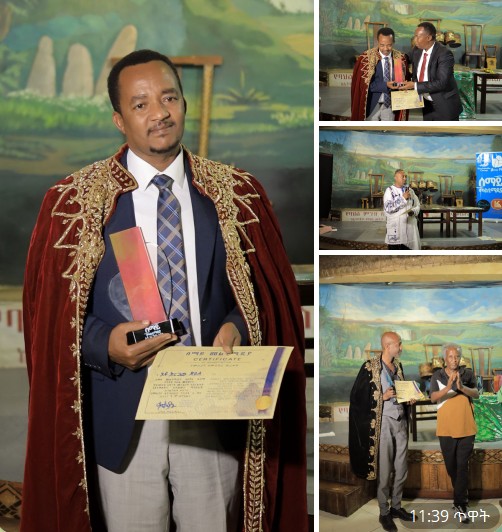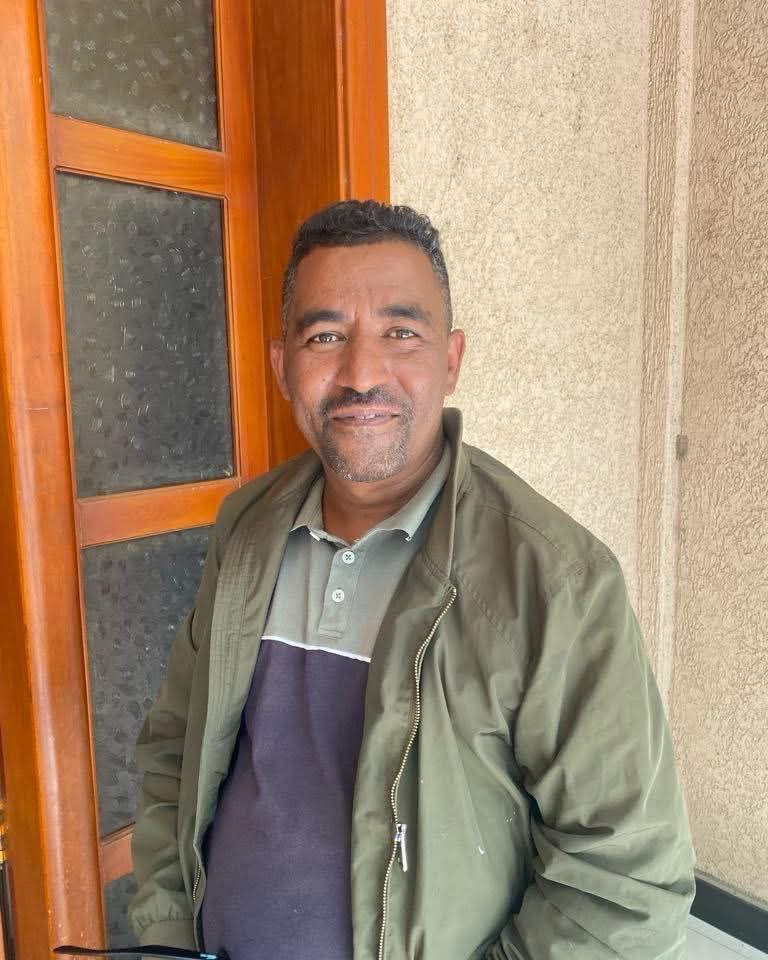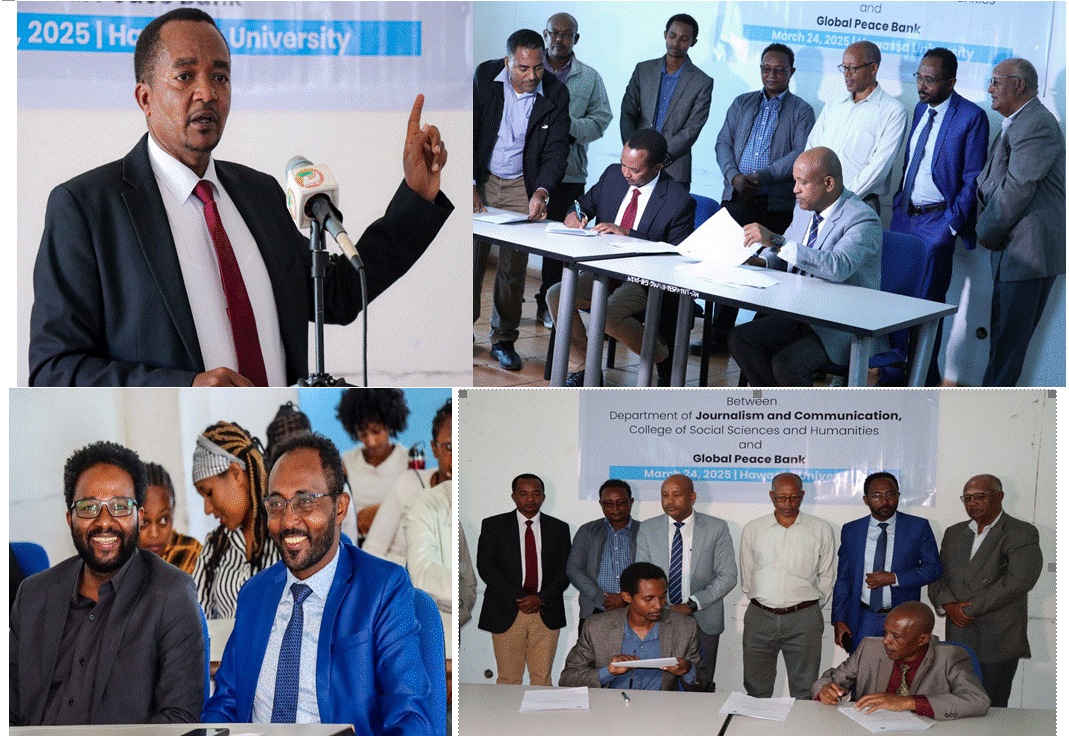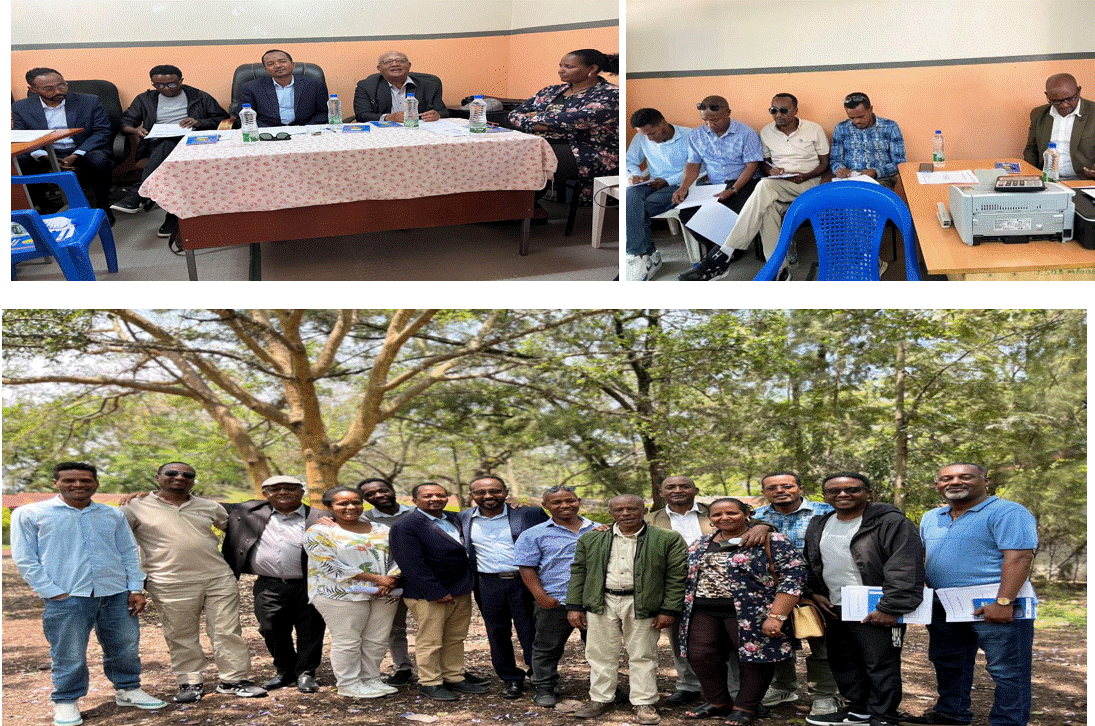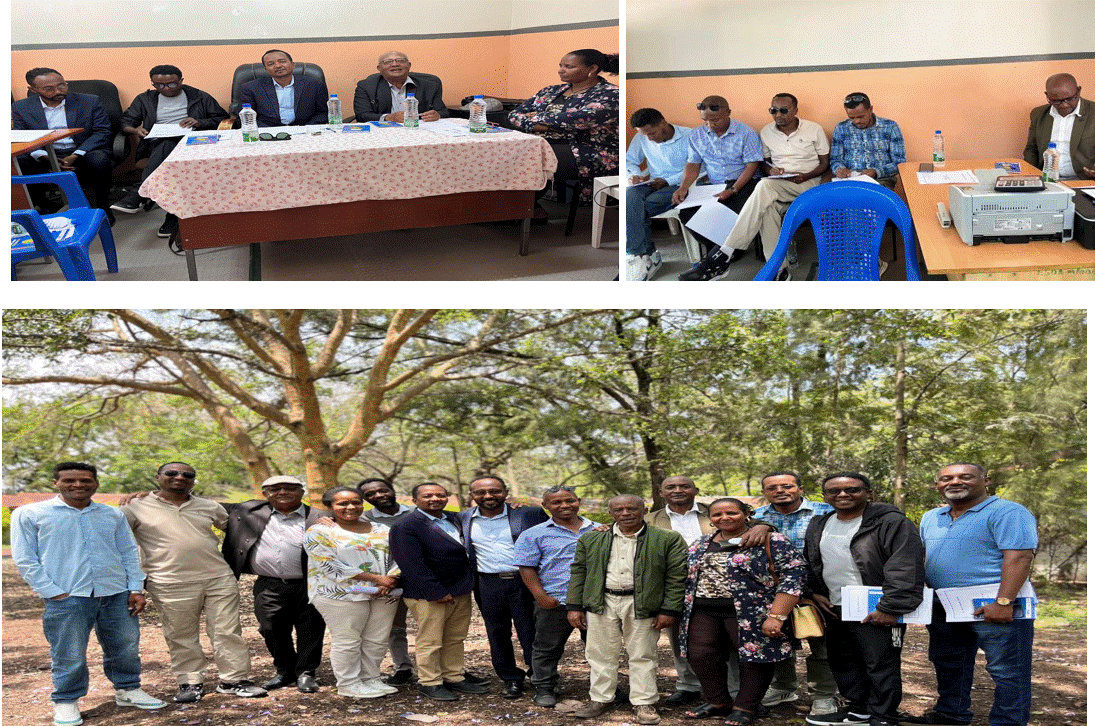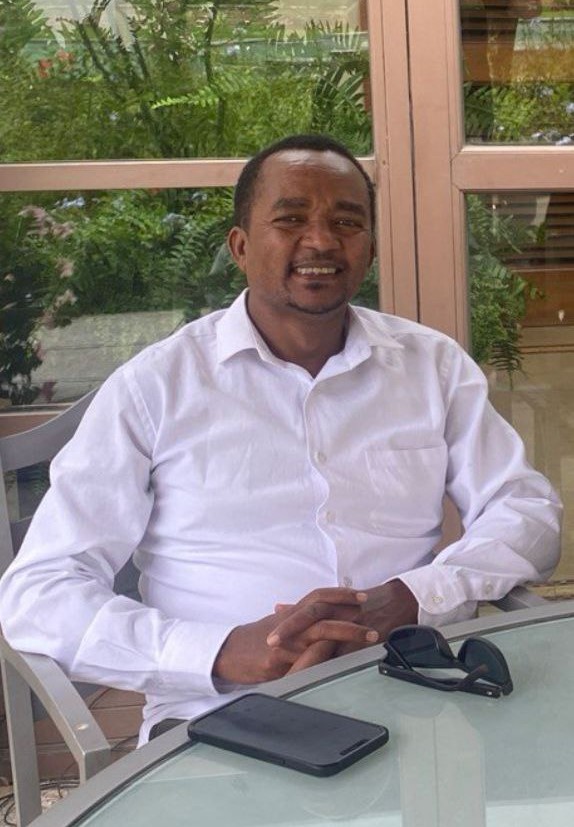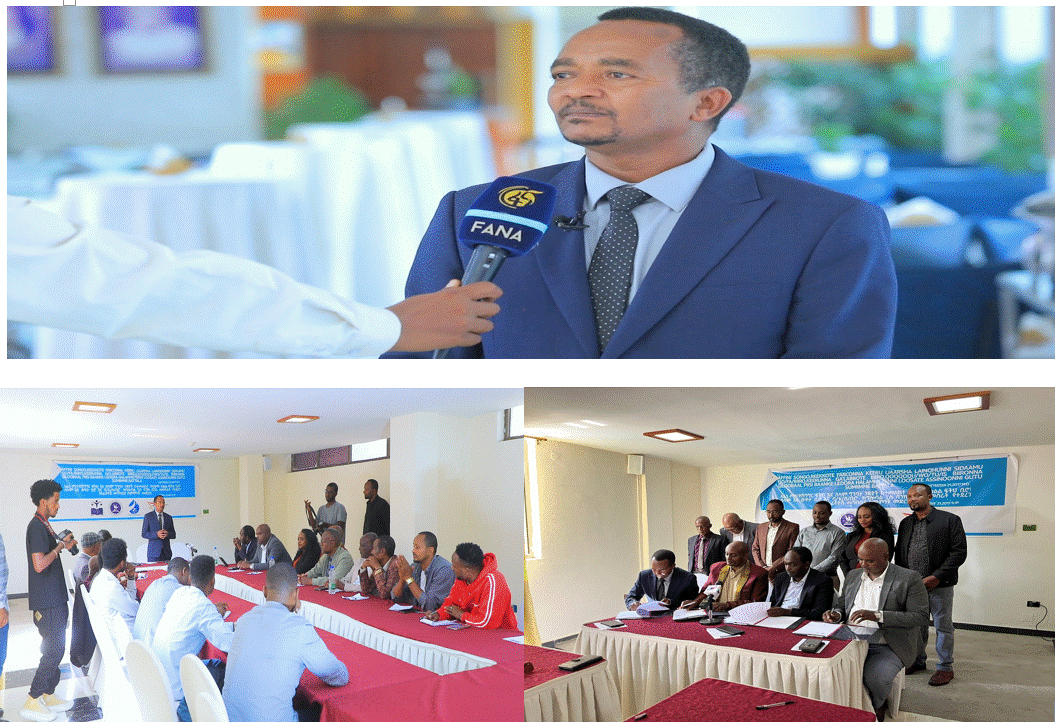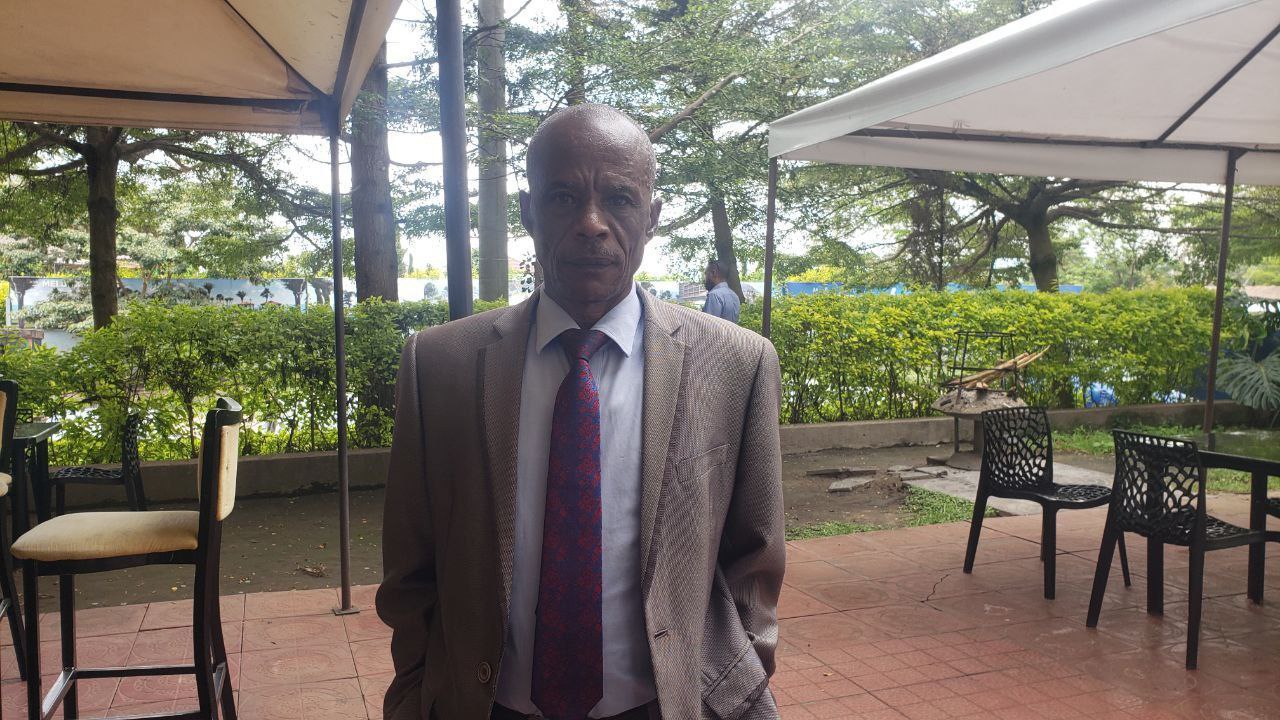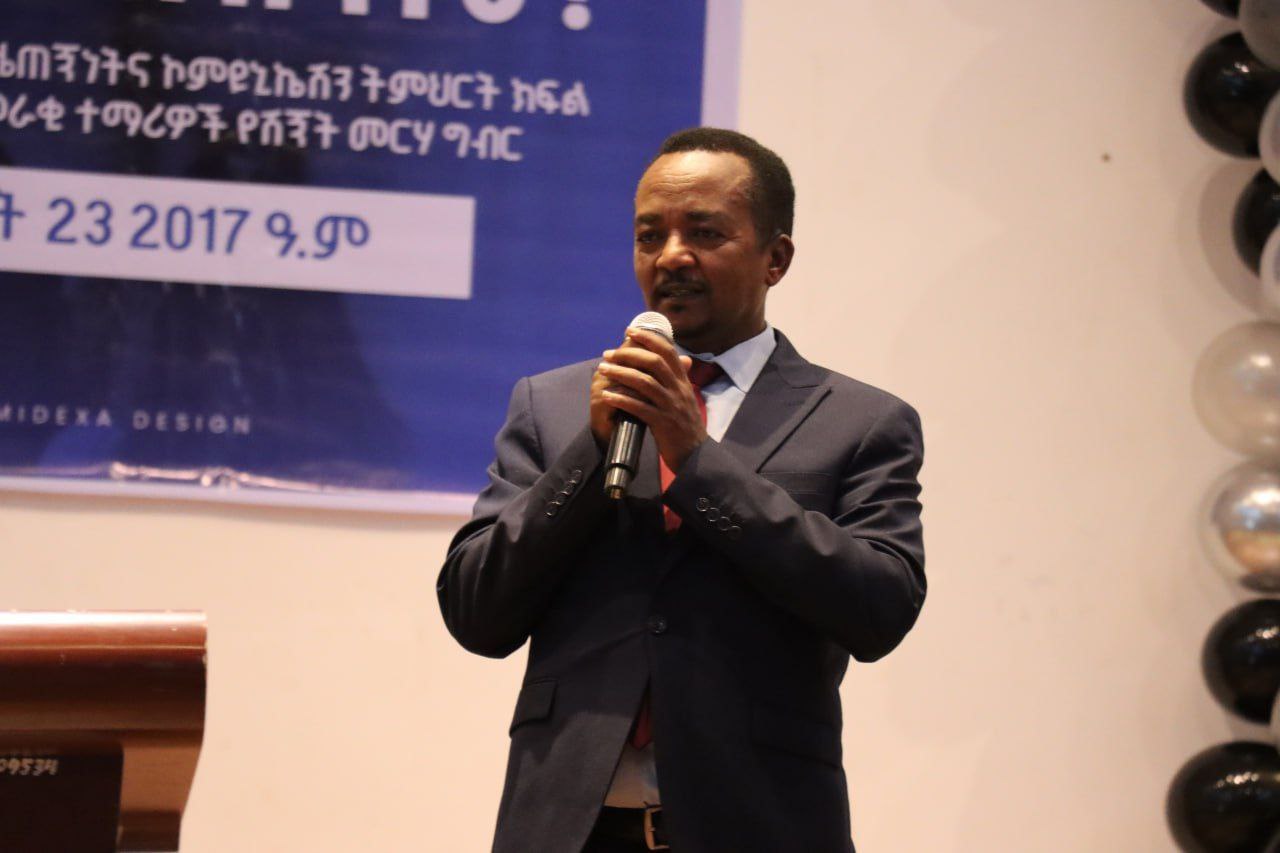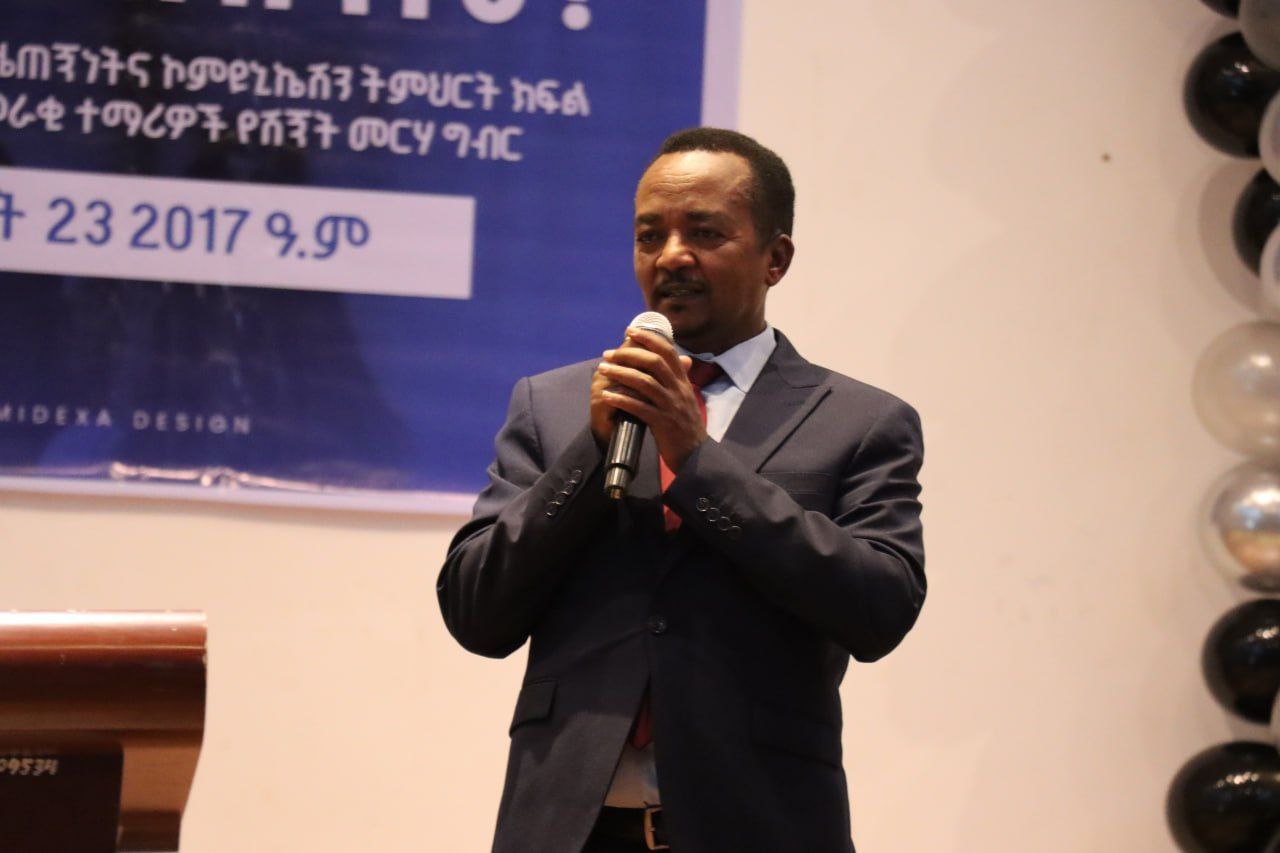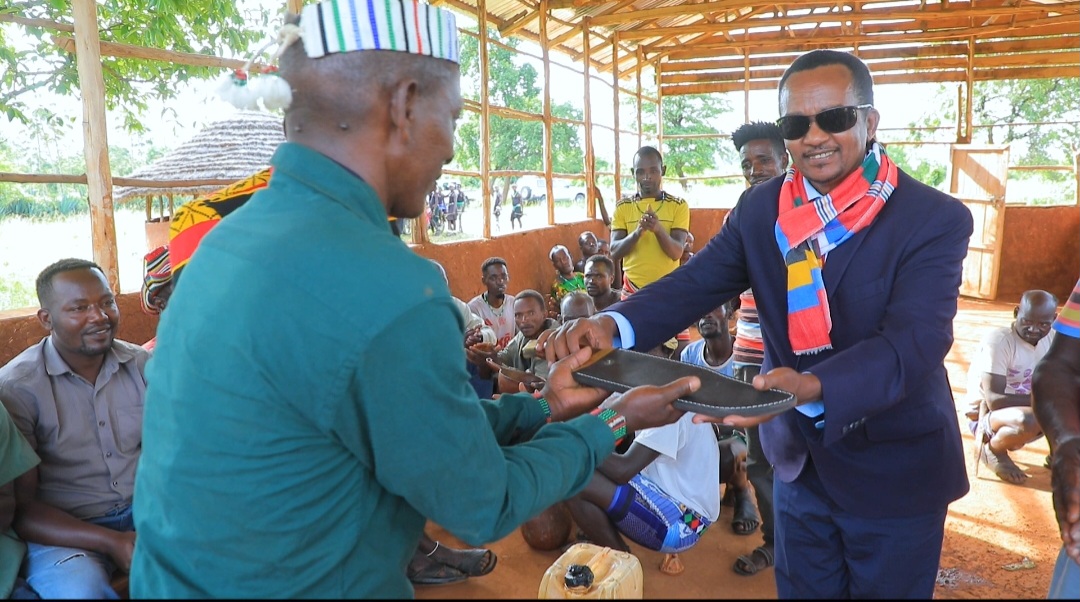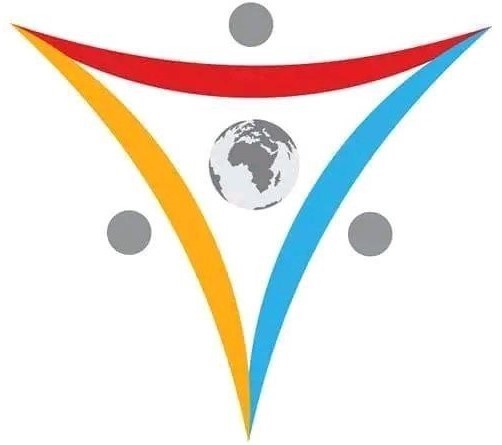News Single
Explore our peace-building initiatives and success stories on
achieving global peace through community unity on our Global Peace
Bank Blog.
Explore our peace-building initiatives and success stories on
achieving global peace through community unity on our Global Peace
Bank Blog.
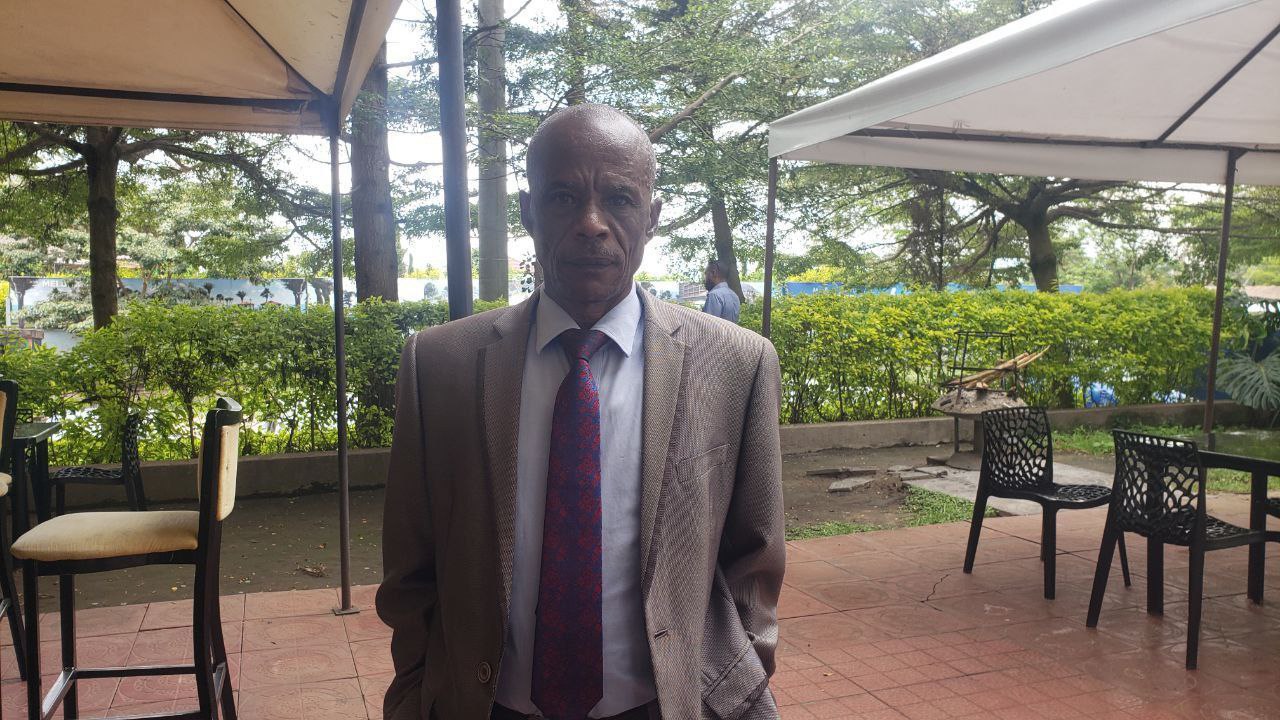
Dayamo Dale Daga (Director of Peacebuilding and Promotion, Global Peace Bank)
May 25, 2025
Today, according to the Gregorian calendar, is May 25, 2025. Sixty-two years ago, on this day, May 25, 1963, a continental organization called the Organization of African Unity was established, which is why we celebrate this day as "Africa Day." The organization was founded with its headquarters in our capital city, Addis Ababa, making Ethiopia a hub for multifaceted African activities.
Africans began to gain independence from European colonial powers in the mid-1950s. Before that, the only African country that remained independent was our nation, EthiopiaŌĆöaside from Liberia, which was founded by freed Black slaves in America after the abolition of slavery.
The system under which African countries were colonized and governed was a violent regime rooted in racism and exploitation, which did not believe in human equality. Consequently, the struggle for liberation from this system adopted a strategy of resistance that often relied on violence. In countries like Algeria, the fight for national independence was a prolonged armed struggle that claimed millions of lives.
The primary objective of the Organization of African Unity (OAU) upon its establishment was to provide official support for Africans who had not yet achieved independence from colonial rule. Although the United Nations, founded after the end of World War II, declared colonialism an illegal system, colonial powers were reluctant to relinquish their colonies easily. In Africa, particularly Portugal, which held resource-rich colonies like Mozambique, Angola, and Guinea-Bissau, was unwilling to let go, leading to bloody independence struggles that the OAU supported until victory was achieved. Among BritainŌĆÖs former colonies, Rhodesia (now Zimbabwe) and South Africa, despite claiming independence, established apartheid systems led by a minority of white settlers that dehumanized and oppressed Black populations, forcing the Black inhabitants into prolonged armed struggles. The OAU supported these struggles until the end of South AfricaŌĆÖs apartheid system in 1994.
When we ask, "What kind of life do Africans, fully liberated from colonial rule, live today after the establishment of the African Union?" the response is disheartening. AfricaŌĆÖs poverty and backwardness have been accepted as an unchangeable reality, as if they were a law of nature or a divine decree.
The African Union (AU), which succeeded the OAU, that had achieved its mission of liberating Africa from colonial rule, becoming a continental organization where Africans unite for a new vision. However, its performance so far has not been commendable. Even today, Africa is gripped by poverty and backwardness worse than any other continent. African youth and intellectuals are fleeing the continent in droves. Africans are exposed to vulnerability not only during natural disasters but also in their absence. The root cause of all AfricaŌĆÖs problems is the absence of peace.
Nigeria, endowed with oil wealth and the most populous African nation, has been suffocating under civil wars, military coups, and religious extremism since its independence. The Democratic Republic of Congo, rich in diamonds, gold, tantalum, cobalt, and all the worldŌĆÖs precious minerals, has become a living hell where its citizens perish in rebel violence and are forced to flee. The Horn of Africa countriesŌĆöSudan, South Sudan, Eritrea, Ethiopia, Djibouti, and SomaliaŌĆöare plagued by conflicts, whether external from neighboring countries, internal, or both, depriving them of peace.
From Libya, torn apart by the unrest known as the "Arab Spring," and North African countries plagued by borderless extremist movements like Al-Qaeda, to southern African nations like Mozambique, shaken by civil wars and extremist insurgencies, the lack of peace is a reality that binds Africa together.
The African UnionŌĆÖs vision for the OAUŌĆÖs centenary, outlined in "Agenda 2063," is to create a "peaceful, prosperous, and integrated Africa by 2063." Approved in 2013, one of the primary goals of Agenda 2063 was to "silence the guns by 2020." "Silencing the guns" means freeing the African continent from civil wars, human rights violations, destruction caused by natural and man-made disasters, gender-based violence, and genocidal crimes. Today, in 2025, the guns in Africa have not been silenced. Instead, forces and actions that fuel conflict and exacerbate unrest are multiplying.
In this situation, the hope of Africans is dimming, and the cycle of unrest and violence is intensifying. A society steeped in a culture and habit of war destroys itself, becoming a pawn for others rather than a champion of heroism, as we might believe. We, as the Global Peace Bank, believe that ending this culture is a guarantee of survival. In a society immersed in war and violence, we do not believe there are winners and losersŌĆöonly losers. Specifically, we firmly believe that the idea of ensuring oneŌĆÖs peace by depriving a neighbor of peace, as seen in AfricaŌĆÖs internal and external conflicts, is utterly unattainable.
For Africans to break free from the cycle of violence and create a peaceful, prosperous, and integrated Africa, we call on individuals, families, communities, nations, sub-regions, and the continent to re-evaluate their behaviors and relationships based on the principle of "Neighbor First!"
Happy Africa Day!
2025-05-25
